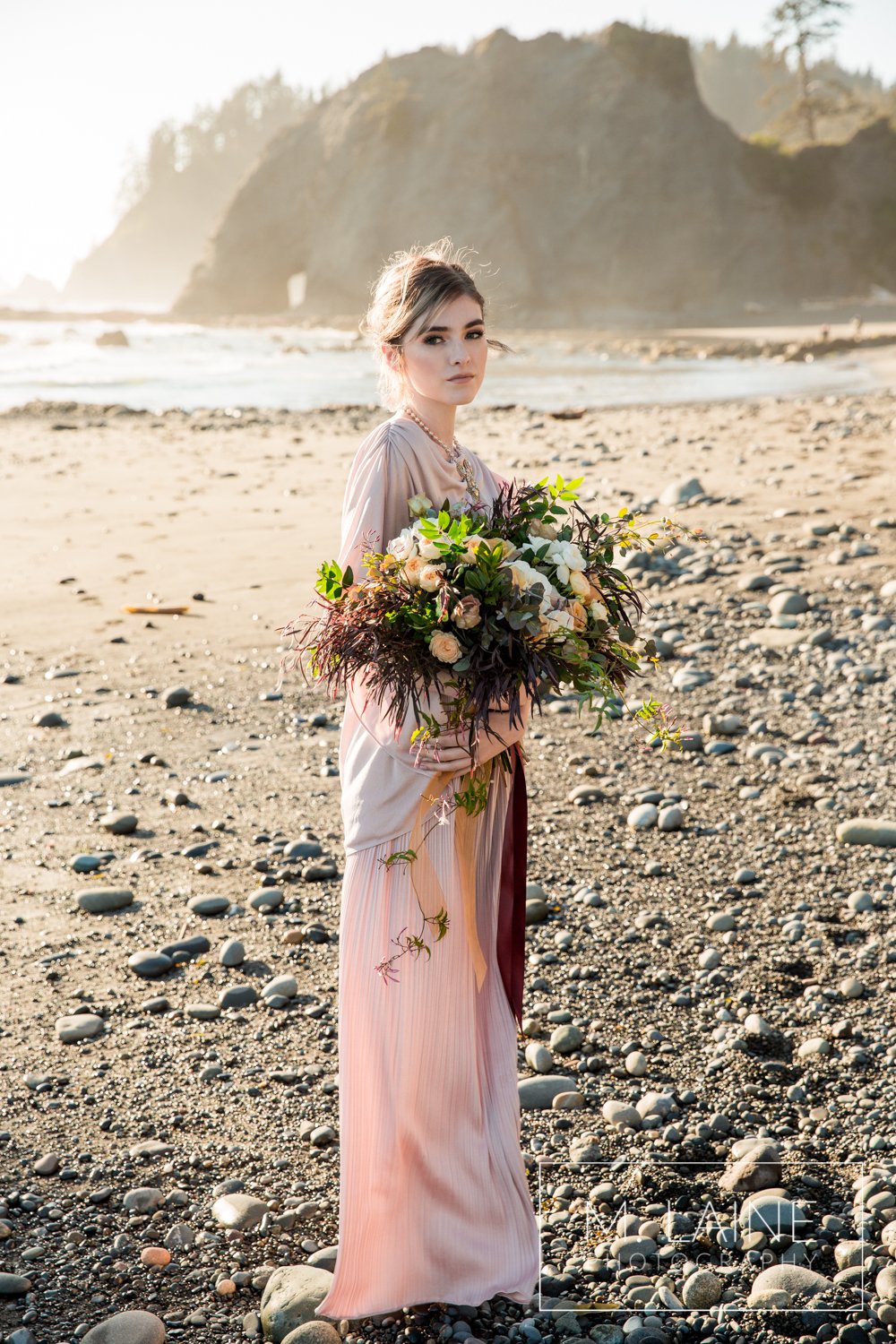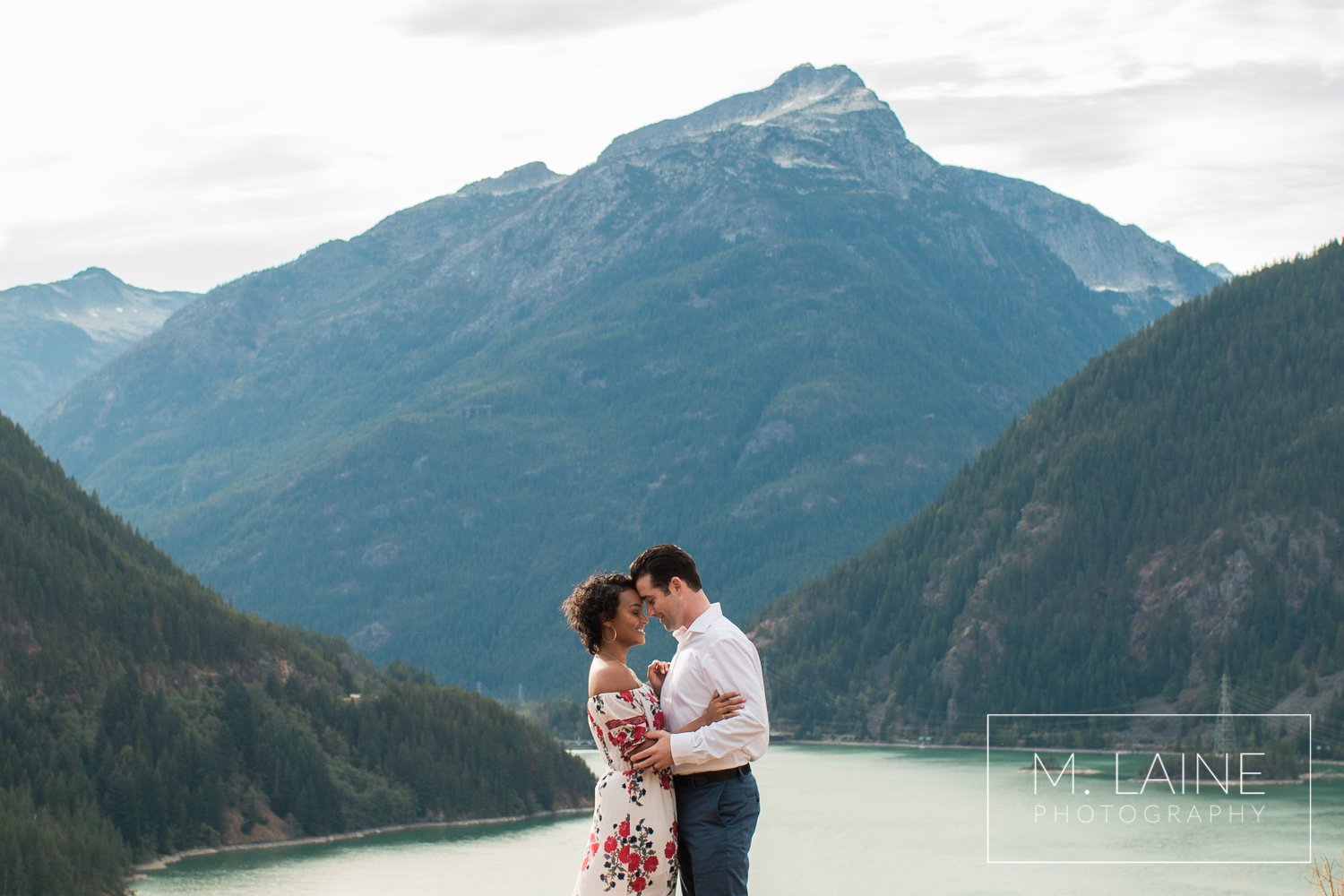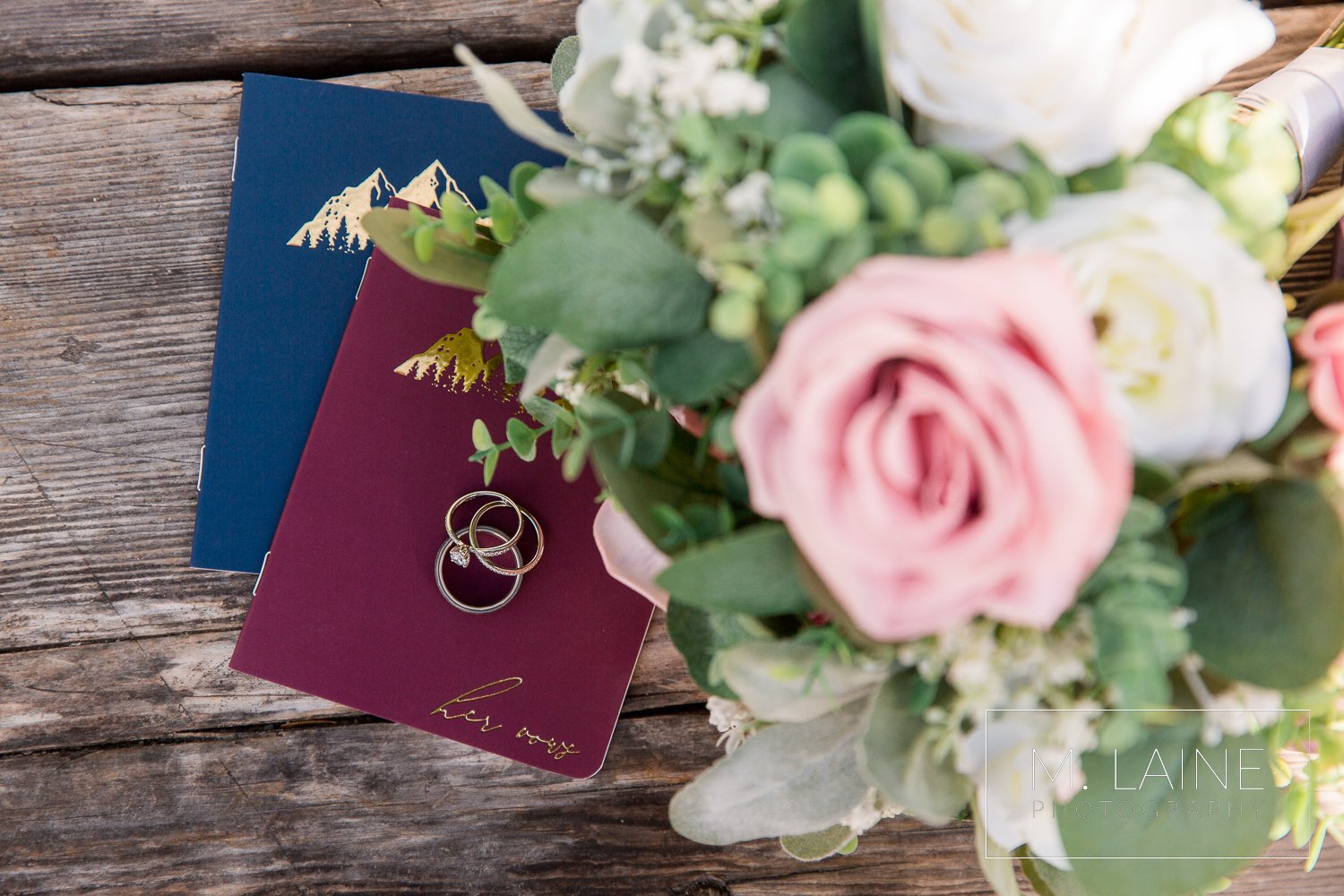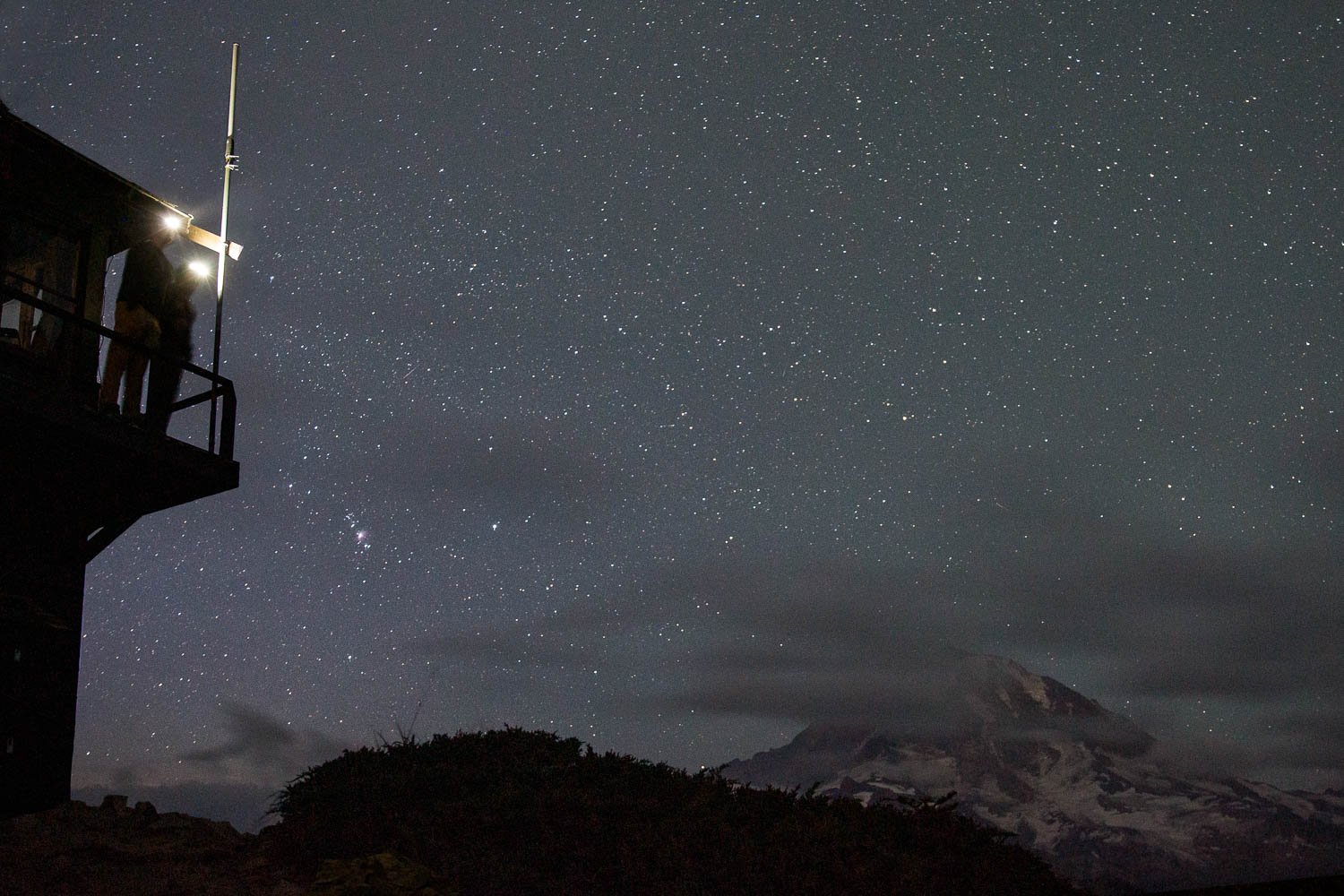The Leave No Trace Principles of Adventure Photography
With the super bloom happening in California now, we’ve all seen the photos of people trampling the flowers to get their iconic Instagram shots. What they don’t know, or simply ignore, is that their actions have major effects on the landscape.
In fragile places, like the meadows in California, it takes as few as 10 people following one person off-trail to create a path. Once this happens, it takes several years for plants to overtake the path, but only if the path isn’t used.
Quite frankly, if everyone were to wander wherever they pleased in nature, we wouldn’t have any untouched wilderness left. As an adventure photographer, I feel that it’s my responsibility to educate my clients on the do’s and don’ts as we use these beautiful spaces as backdrops for capturing special moments.
Below are the leave no trace principles I apply when I explore with photos in mind. These guidelines, along with good judgment and common sense will help keep our wild spaces beautiful.
1. Plan and prepare
Look up regulations before your visit
Research if a permit is required for commercial or portrait photography
Pay for parking or park access where required (this helps fund the park’s upkeep!)
Only bring dogs or pets in areas where they’re allowed and always follow leash rules
Know the maximum number of people you can bring with you if you’re eloping
Prepare for extreme weather and emergencies
2. Stay on paths and hard surfaces
The use of undesignated trails can lead to erosion, vegetation damage, unsafe trail conditions, and impacts to local wildlife according to this study
Areas like meadows, wetlands, and places closed for restoration are especially fragile and easily damaged
Know that there are plenty of ways to make it look as if you’re not always on a trail in your photos while staying on designated paths as well
3. Leave what you find
Photos are your souvenirs
Resist the temptations to pick flowers, stack rocks (which disturbs habitats), or carve your name into anything
4. Pack it in, pack it out
Simply pack out your garbage, but also know that things like confetti, as well as biodegradable foods and their peels (apple cores, orange peels, banana peels, etc.), need to be packed out as well
5. Respect wildlife
Give animals their space, don’t try to feed them, and always control your pets or leave them at home
Keep in mind that disturbance from humans can indirectly affect animal’s fitness and population dynamics through energy loss and opportunity costs of risk avoidance in wildlife according to the science behind leave no trace principles
6. Be considerate of other visitors
The wilderness belongs to everyone, and simply because someone is documenting a special moment there does not mean they have the privilege to views over others.
If you’d like privacy, or not to have strangers in the background of your photos in popular places, consider taking your photos at golden hour, on a weekday, or avoid peak season.
7. Use artificial flowers
In more fragile areas, such as in Moab, the use of living, cut, and dried flowers are prohibited in order to decrease the chances of introducing invasive species
Find beautiful artificial wedding bouquets, flower crowns, boutonnieres, and more here
I hope this helps set expectations of adventure photography. As with photography permits, parking passes, and all the details of adventure photography, I’m here to help you sort out the details and choose a location that fits you and your needs.
If we respect our land, it will be beautiful for years to come, and I promise, we can still get stunning photos like the ones above while following these leave no trace principles.
Browse the archive or search for specific topics (try “North Cascades National Park”, “mountains” or “LGBTQ+”).

















